Difference between Pilot Assist* and lane assistance
Pilot Assist
Pilot Assist can help you to steer your car between the lane markings, as well as to maintain a preset speed and time interval to the vehicle ahead. The function can also help to maintain an advantageous position in the lane using the lane's lane lines.
What does Pilot Assist do?
- Can help to keep the car within its lane by assisting steering in some cases.
- Can help to maintain a preset speed or the distance to the vehicle ahead by means of acceleration and braking operations.
How do I know when Pilot Assist is operational?
Symbols in the driver display in the car indicate when adaptive cruise control* and Pilot Assist are operational.
 | Both functions are selected but not active. |
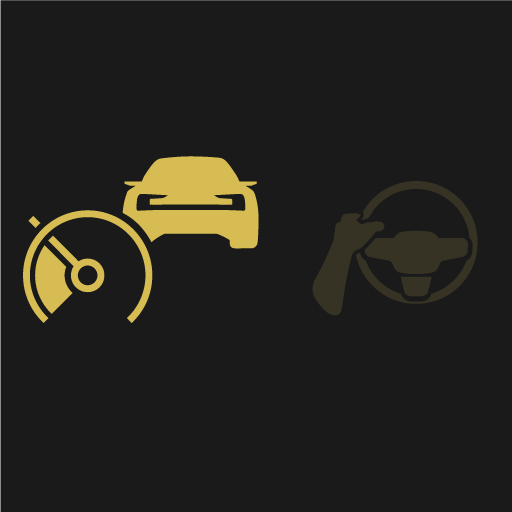 | Adaptive cruise control is active. Pilot Assist is selected but not available. The conditions for the function are not met. |
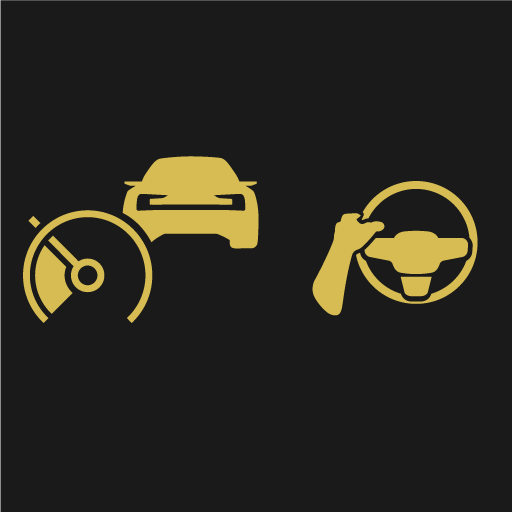 | Both functions are active. |
Lane assistance
Lane assistance can provide steering assistance and/or give you an alert when the vehicle is about to leave its own lane unintentionally. This function is active in the speed range 65-200 km/h (40-125 mph) on roads with clearly visible lane lines.
What does lane assistance do?
- Lane assistance can provide the driver with steering assistance, steering the car back into its lane and/or providing warnings using acoustic signals or steering wheel vibration.
How do I know when lane assistance is operational?
Symbols in the driver's display in the car show the status of the function.
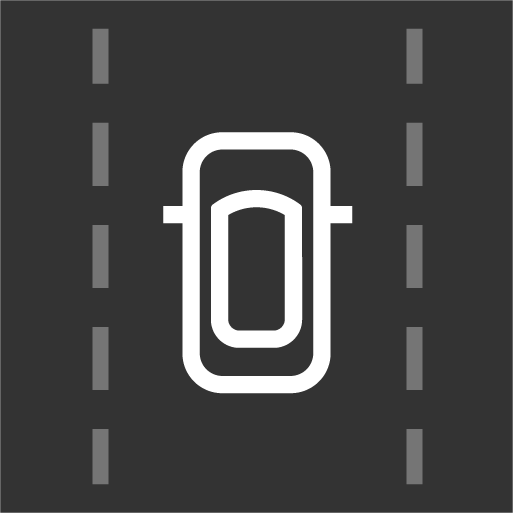
LKA is available but neither the right nor the left line can be read or the conditions for LKA have not been met.
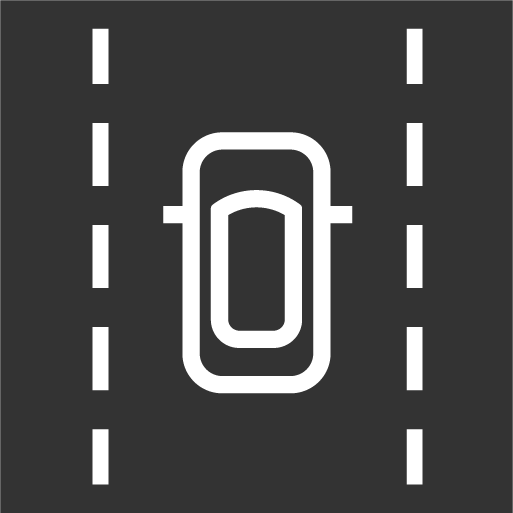
LKA is available and both the right and left line can be read.
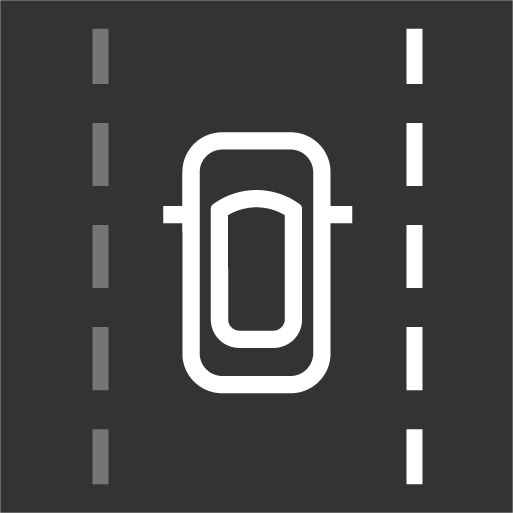
Only the right line can be read.
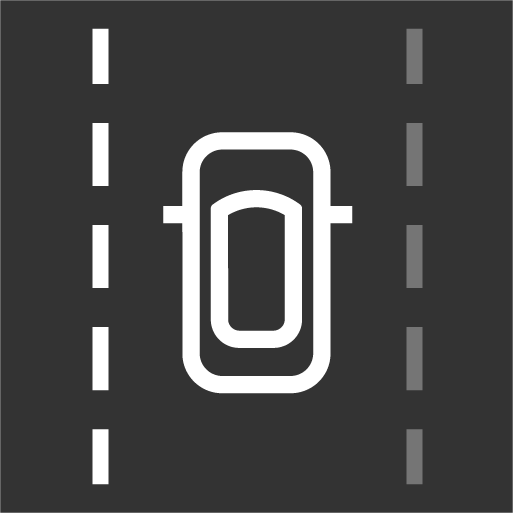
Only the left line can be read.
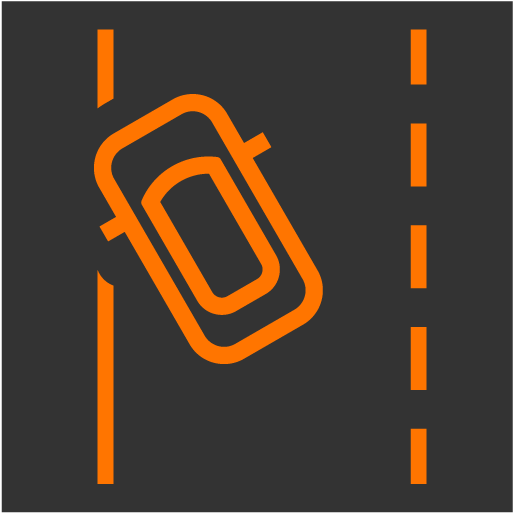
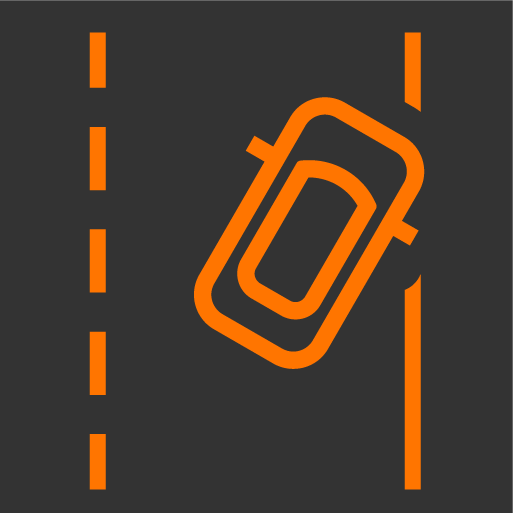
LKA provides steering assistance, steering the car back into its lane and/or providing warnings using acoustic signals or steering wheel vibration.
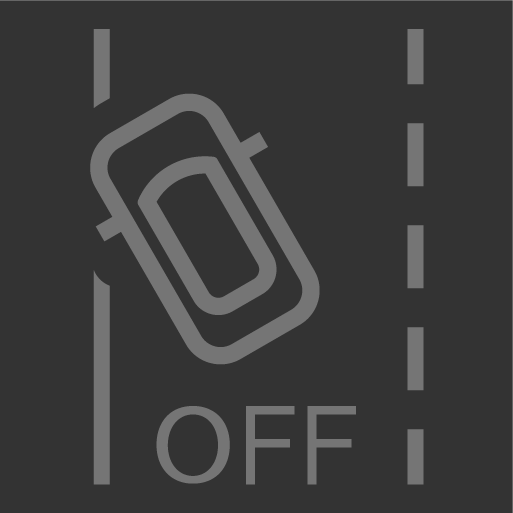
LKA is switched off.

LKA is not available because a problem has been detected.
Warning
- The function is supplementary driver support intended to facilitate driving and make it safer – it cannot handle all situations in all traffic, weather and road conditions.
- The driver is advised to read all sections in the Manual that relate to this function to learn about factors such as its limitations and what the driver should be aware of before using the system.
- Driver support functions are not a substitute for the driver's attention and judgement. The driver is always responsible for ensuring the car is driven in a safe manner, at the appropriate speed, with an appropriate distance to other vehicles, and in accordance with current traffic rules and regulations.